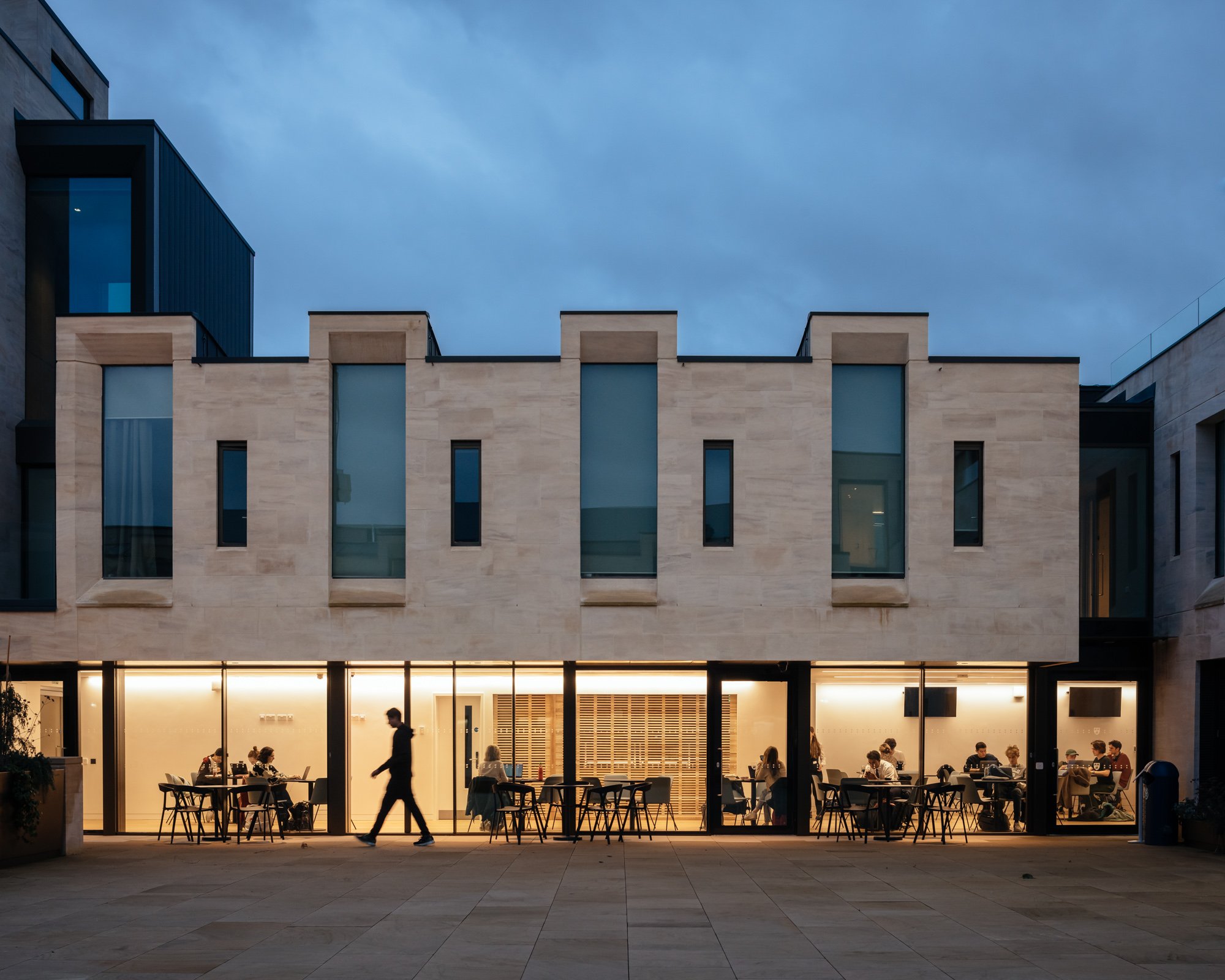
Support Place
Our Past, Present, and Future
Our Historic College
For over 450 years, Jesus College has been a place that has nurtured intellect and academic talent. Over the centuries we may have increased our physical footprint to accommodate a larger fellowship and student body, but our foundational values to promote methodological learning and scholarship remain just as steadfast today.
In more recent times, College has grown to accommodate the majority of academic subjects taught within the University, and for generations has convened an outstanding community of researchers, becoming a home to its students, thinkers, and educators. As stewards of this unique place, we must do our part to preserve the integrity of its past, enhance its capabilities for the present, and anticipate its needs for the future.
Floreat Collegium Jesu, et florebit.
Support Historic Preservation
Many of the physical walls of Jesus College have stood for centuries, which is a testament to the care our forebears have shown them. However, their materials and construction need to be regularly maintained if they are to last, and such material improvements are costly, especially for listed buildings. The demands to equip these buildings to meet the needs of their current and future occupants are far outpacing what we can reliably afford.
Thanks to the generosity of our alumni, in 2025 College was able to undertake the complete refurbishment and restoration of its Chapel. This followed an alumni-led major restoration of its 17th century Fellows’ Library in 2007. Over the coming years, similar improvements will need to be carried out in other well-loved spaces such as the Meyricke Library and Staircase XVIII. As before, such ambitious projects will require significant additional donated funds to help support what we are already able to provide from College’s endowment.
Over the next decade Jesus College will also transform its environmental plan to ensure we reduce our global impact and meet the University’s net zero pledge. This is a responsibility that our founders could not have predicted when we laid our first timber in 1571 but would have understood its importance to underpin the hope of our Elizabethan charter – to help us last “for all future times”.
Support New Major Capital Projects at Jesus
Adapting to the needs of the present and anticipating those of the future is a challenge for any ancient institution, but a necessary one if it is to remain competitive in a global educational market and stand out amongst its fellow Oxford colleges. A prime example of this is Jesus College’s newest addition, the Cheng Yu Tung Building on Cornmarket Street.
Completed in 2022, the Cheng Yu Tung Building is the largest physical transformation to College’s main site since the early 18th century. Thanks to the support of our many alumni and friends, and with a lead major philanthropic donation of £15 million by Dr Henry Cheng Yu Tung and family, we were able to create this dynamic new space for College.
This ambitious five-year capital project was an answer to College’s vision to build exceptional spaces that utilise the latest digital technologies to enable its current and future academic and student community to thrive. A state-of-the-art Digital Hub is also housed within the structure, which is now a locus for collaborative academic endeavour across the College and wider University. We are proud that our new buildings (and updates to historic College spaces) are approached with sustainability in mind. Read here to find out how the Cheng Yu Tung Building became College’s first carbon neutral space.
Please scroll down to learn more about the Jesus College Masterplan and the historic site’s future potential.
College Priority: Building for the Future
Introducing the Jesus College Masterplan
Thanks to College’s trusted architects MICA, we are pleased to share an exciting flythrough creating a potential new Fifth Quad and an improved College Library for Jesus.








